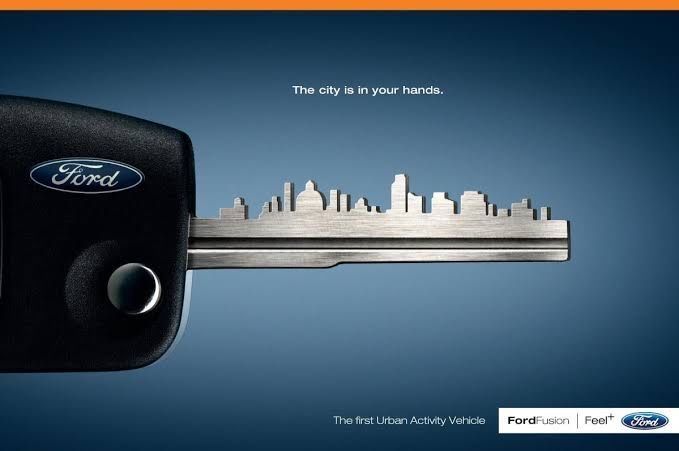- Do you think Coke has data that Pepsi doesn’t have?
- Do you think McDonald’s has data that Burger King doesn’t have?
- Do you think Ford has data that Chevy doesn’t have?
Here’s my point – just about the same data is available to just about everyone who wants it. And if you don’t have it, with about two clicks of a mouse you can buy it.
It’s not the data that makes the difference, it’s what you do with it.
Give a mediocre person or company all the data in the world and they’ll come up with garbage. Give a brilliant person or company one critical fact and they’ll build you an industry.
Hundreds of physicists had the same data as Einstein. But Einstein had something they didn’t – the creative brilliance to formulate a vision of what the data meant.
The advertising industry – whose only important asset is ideas – has learned nothing from this. We keep heading in the wrong direction. We keep bulking up everything in our arsenal except our creative resources. Then we take the people who are supposed to be our idea people and give them till 3 o’clock to do a banner.
Sure, we need people who are tech-savvy and analytical. But more than anything, we need some brains-in-a-bottle who have no responsibility other than to sit in a corner and feed us crazy ideas. We keep looking to “transform” our industry but ignore the one transformation that would kill.
Excerpt from: Advertising for Skeptics by Bob Hoffman







